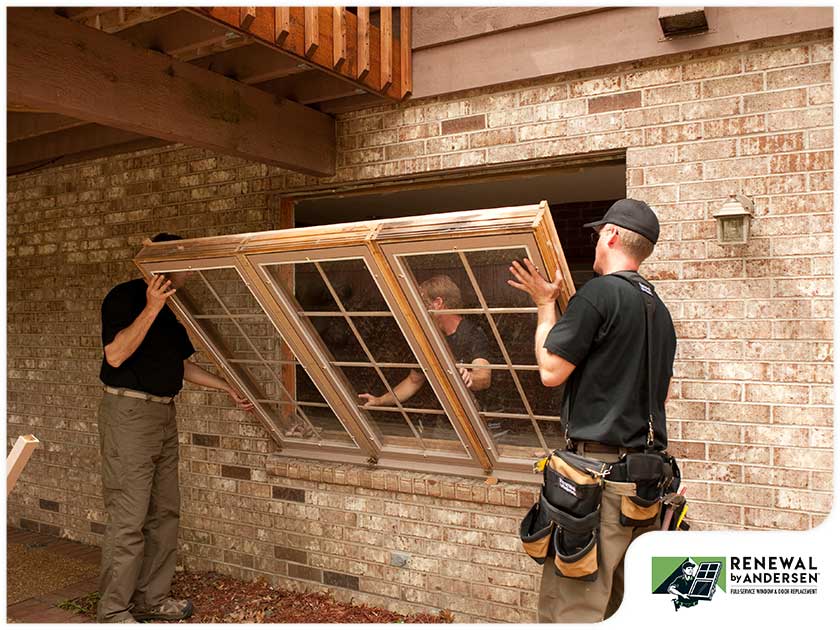MENU


The average lifespan of windows is 15 to 20 years. If your windows are older than 15 years, you may want to consider getting new energy-efficient windows. That’s because worn-out windows are prone to air leaks that can increase your heating and cooling costs. According to the Department of Energy, heat gain and loss through windows account for 25 to 30% of residential heating and cooling costs.
Keep in mind that not all windows have the same level of energy efficiency. To help you find the right one for your home, Renewal by Andersen a FAQ on energy-efficient windows:
An insulated glass unit is made of two glass panes. The space between the panes is filled with either argon or krypton, two inert gases that prevent heat transfer. The gases are also odorless and non-toxic, so you shouldn’t worry about any leakages.
The seal around the edges of the glass panes is responsible for keeping the gas inside the window panes. But over time, the seal will weaken, creating gaps through which argon and krypton can leak out and moisture can infiltrate your windows. When moisture enters the space between the window panes, it fogs up the glass.
Aside from age, what are the other factors that can damage your windows?
Foggy glass panes are a sign you need new windows. But wouldn’t it be more affordable to have your window repaired instead? A window replacement is more cost-effective than window repairs because the gas that leaked out of your windows can’t easily be replaced. You can have the insulated glass unit defogged to remove lingering moisture and the glass sealing fixed. However, there’s no cost-effective way of refilling damaged insulated windows with argon and krypton. That’s why a window replacement is the most cost-effective choice.
Given that not all windows have the same energy efficiency, how can you tell which ones are the best energy performers? By looking for the ENERGY STAR® label. Only windows that have met the EPA’s stringent performance standards have this label.
To further narrow down your options, check the National Fenestration Rating Council (NFRC) ratings beneath the ENERGY STAR label.
The two most important ratings on the label are the U-factor (which indicates how well a window can prevent heat transfer) and the solar heat gain coefficient (which gives you an idea of the amount of sunlight that can pass through the window). The higher a window’s U-factor is, the better its insulative capabilities. The lower a window’s SHGC, the less heat that can pass through its glass panes.
Here’s a tip: if you’re installing bay windows or other windows with wide glass panes, we recommend choosing one with a low SHGC. Natural sunlight can help improve your mood and brighten your interior, but it can be too much of a good thing. Choosing a window with a low SHGC will prevent your interior from becoming uncomfortably warm.
One more thing: aside from energy efficiency, you also need to take into account the window’s style and your exterior. The design of your new energy-efficient windows should complement the rest of your exterior. To learn more about your design options, consult a window contractor.
Renewal by Andersen of Cincinnati offers a wide range of premium windows, including sliding and bay windows. To schedule a free consultation, call us at 866-609-5033 or fill out this form. We serve homeowners in Mason, Sharonville and Loveland as well as the surrounding Ohio communities.